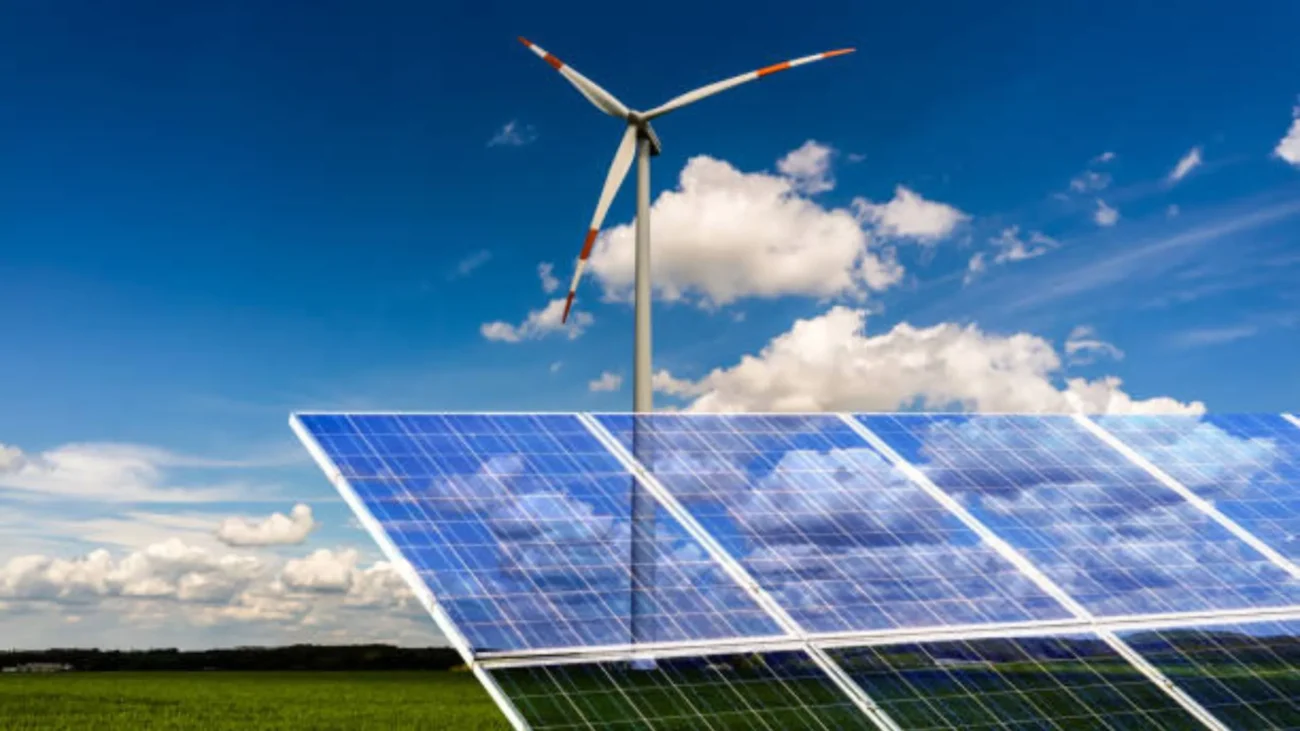Introduction
In recent years, solar panels have emerged as a leading solution for clean and renewable energy production. With the increasing global focus on sustainability and reducing carbon emissions, more individuals and businesses are turning to solar power as an alternative to traditional fossil fuels. However, amidst the growing interest in solar energy, questions often arise regarding the effectiveness of solar panels, particularly on cloudy days.
Cloud cover has long been perceived as a barrier to solar energy generation, leading to skepticism about the reliability of solar panels in less-than-ideal weather conditions. Many people wonder whether solar panels can still function efficiently when the sky is overcast, and if so, to what extent can they generate electricity?
In This Post
Understanding Solar Panel Functionality
Solar panels are marvels of modern technology, harnessing the power of sunlight to generate electricity through a process known as the photovoltaic effect. At the heart of every solar panel are photovoltaic cells, typically made of silicon, that capture sunlight and convert it into usable electrical energy.
When sunlight strikes the surface of a solar panel, it excites electrons within the silicon cells, causing them to flow and create an electric current. This flow of electrons is directed through metal conductors within the panel, ultimately generating direct current (DC) electricity. An inverter then converts this DC electricity into alternating current (AC) electricity, which is compatible with standard electrical systems used in homes and businesses.

Impact of Clouds on Solar Energy
Cloud cover has a noticeable impact on the amount of sunlight that reaches solar panels, thereby affecting their energy production. When clouds block the sun, the intensity of sunlight reaching the panels decreases, leading to a reduction in the amount of electricity generated.
Despite this, solar panels can still generate electricity on cloudy days, albeit at a diminished rate compared to sunny conditions. While direct sunlight produces the highest energy output, even diffused sunlight on cloudy days contains enough photons to excite electrons within the solar cells and generate electricity.
The extent to which cloud cover affects solar panel performance depends on various factors, including the thickness and type of clouds, the time of day, and the angle of the sun. Thick, dark clouds can significantly reduce sunlight penetration, resulting in a more substantial decrease in energy production compared to thin, wispy clouds.

Factors Affecting Performance
Several factors influence the performance of solar panels on cloudy days:
- Cloud Density:
- The thickness and density of clouds determine the amount of sunlight that reaches the solar panels. Thick, heavy clouds block more sunlight and reduce energy production compared to thin, wispy clouds.
- Time of Day:
- Solar panels are most effective when the sun is highest in the sky, typically around midday. Cloud cover during peak sunlight hours can have a more significant impact on energy production than clouds present during early morning or late afternoon.
- Panel Orientation:
- The orientation of solar panels plays a role in their performance. Panels facing south or west generally receive more sunlight throughout the day and may be less affected by cloud cover than panels facing north or east.
- Angle of Incidence:
- The angle at which sunlight strikes the solar panels, known as the angle of incidence, affects energy production. Cloud cover can alter the angle of sunlight, impacting the efficiency of solar panels.
Type and Quality of Solar Panels cloudy days
The type and quality of solar panels significantly impact their performance on cloudy days. Here are some key considerations:
- Monocrystalline vs. Polycrystalline:
- Monocrystalline solar panels are made from a single crystal structure, offering higher efficiency and better performance in low light conditions compared to polycrystalline panels, which are made from multiple silicon fragments.
- Thin-Film Technology:
- Thin-film solar panels are lightweight and flexible, making them suitable for various applications. While they are generally less efficient than crystalline silicon panels, some thin-film technologies perform well in low light conditions.
- Efficiency Ratings:
- Higher efficiency solar panels can generate more electricity from the same amount of sunlight. Panels with higher efficiency ratings typically perform better on cloudy days, as they can capture more energy from diffuse sunlight.
- Quality of Components:
- The quality of materials and components used in solar panels can affect their durability and performance over time.

Angle and Orientation
The angle and orientation of solar panels play a crucial role in maximizing energy production. Panels angled towards the sun and facing south typically perform better.
Geographic Location
The amount of sunlight a region receives affects solar panel performance. Areas with frequent cloud cover may experience lower energy production compared to sunnier regions.
Solutions for Cloudy Days
While solar panels may produce less electricity during cloudy weather, there are solutions to mitigate this issue:
Battery Storage Systems
Battery storage allows excess solar energy generated during sunny periods to be stored for use when sunlight is limited, such as during cloudy days or at night.
Hybrid Solar Systems
Combining solar panels with other renewable energy sources, such as wind or hydroelectric power, can provide a more reliable energy supply, particularly during inclement weather.
Conclusion
In conclusion, solar panels can still generate electricity during cloudy days, although their efficiency may be reduced. Factors such as the type of panels, their orientation, and geographic location play significant roles in determining energy production. By utilizing battery storage systems and hybrid solar setups, it’s possible to maximize energy generation even when the sun isn’t shining brightly.
FAQs
Can solar panels generate electricity on cloudy days?
Solar panels can still generate electricity on cloudy days, although at a reduced efficiency compared to sunny days. While cloud cover decreases the amount of sunlight reaching the panels, they can still produce power from diffuse sunlight, albeit at a lower rate.
How do clouds affect solar panel performance?
Clouds reduce solar panel performance by blocking direct sunlight, decreasing energy production. However, solar panels can still generate electricity on cloudy days, albeit at a lower efficiency. Diffuse sunlight can still reach the panels, allowing them to produce power, albeit at a reduced rate compared to sunny conditions.
Are there ways to improve solar panel efficiency during cloudy weather?
Yes, several methods can enhance solar panel efficiency during cloudy weather:
Using higher efficiency solar panels.
Implementing tracking systems to optimize panel orientation.
Regular maintenance, such as cleaning panels to maximize sunlight absorption.
Incorporating energy storage solutions, like batteries, to store excess energy for use during cloudy periods.
Do solar panels work better in certain climates?
Yes, solar panels perform better in certain climates with ample sunlight. Regions with high solar insolation, such as deserts or sunny coastal areas, offer ideal conditions for solar energy production. However, solar panels can still generate electricity in various climates, although their efficiency may vary depending on sunlight exposure.
Can solar panels generate power at night?
No, solar panels cannot generate power at night since they rely on sunlight to produce electricity through photovoltaic cells. Without sunlight, there is no energy production. However, solar panels can generate power during the day and store excess energy in batteries for use at night.
